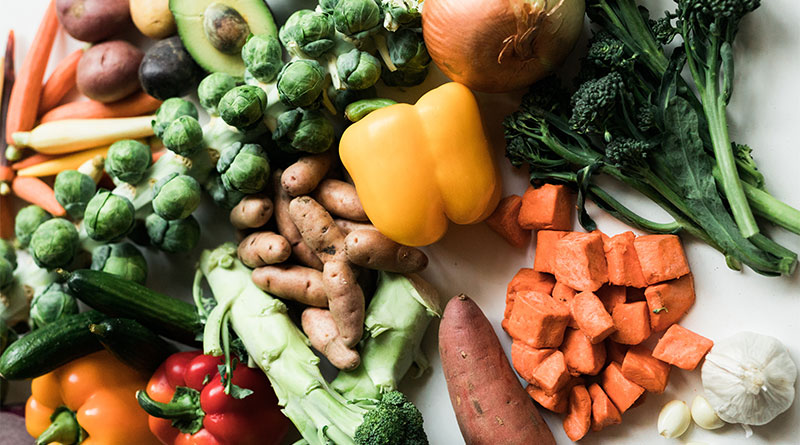Inflation Falls but Food Prices Remain High

Inflation has fallen back to its lowest level in over a year at 8.7 per cent, however, the cost of food remains sky-high and rising at a near record pace.
The Office for National Statistics (ONS) said on Tuesday inflation fell to 8.7 per cent in April – down from 10.1 per cent in the previous month, but still leaving Britain with the joint highest rate of inflation among Group of Seven advanced economies alongside Italy.
ONS chief economist Grant Fitzner said: “The rate of inflation fell notably as the large energy price rises seen last year were not repeated this April, but was offset partially by increases in the cost of second-hand cars and cigarettes. However, prices in general remain substantially higher than they were this time last year, with annual food price inflation near historic highs.”
UKHospitality Chief Executive Kate Nicholls said: “It’s encouraging that we have seen a more substantial drop in the overall rate of inflation, but it is worrying that food and drink inflation remains stubbornly high.
“This continued inflationary pressure shows there is a long way to go in this crisis yet. Food and drink are part of the core hospitality offering and it is becoming impossible for many to continue to absorb these costs.
“Sharp drops in energy, food and drink costs are urgently needed for businesses to remain viable and continue to serve communities across the country, create jobs and drive economic growth.”
Bradley Post, MD of RIFT Tax Refunds, commented:
“Despite an unexpected increase at the start of the year, the rate of inflation has continued to ease over the last few months, albeit it remains slightly higher than widely anticipated.
This will be welcome news to the many households who are still feeling the squeeze of the cost of living crisis, but who should now see a reduction in the previously high running costs of their home.
While the reduction in these core household costs has been offset by increases in recreation and culture, alcohol and tobacco, those struggling to make ends meet will be far better positioned to negotiate a hike in these non-essential outgoings.”
Jason Ferrando, CEO of easyMoney commented:
“The latest look at inflation suggests that the Bank of England’s aggressive approach to curb inflation via a string of interest rate hikes is now starting to yield results, with the current rate of inflation dropping below 10% for the first time since August of last year and now at its lowest since March 2022.
This latest reduction should also help to steady the ship with respect to the property market and the cost of borrowing, with many mortgage lenders expected to now reduce rates. In doing so, we should see a boost to homebuyer sentiment, which in turn, should help to breathe new life into the market and maintain the ongoing growth seen with respect to house prices.
All eyes will now be on the Bank of England and how they choose to proceed come the end of next month. While we’re heading in the right direction, the job certainly isn’t done yet and so a reduction to the base rate is far from guaranteed.”
